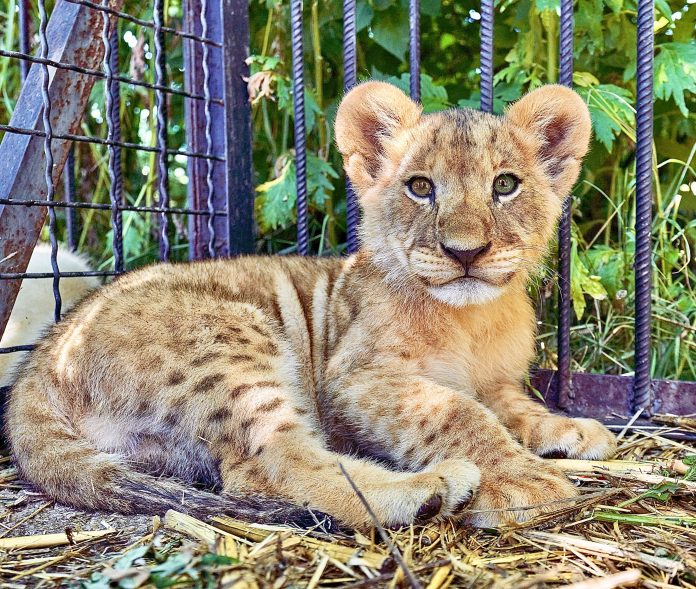
Ten Organizations Join Forces To Combat Illegal Wildlife Trafficking In Global Supply Chains
You can help all animals and our planet by choosing compassion on your plate and in your glass. #GoVeg
RELATED ARTICLES
Pressure Mounts For Arizona To Ban Dog Pack Hunting Of Mountain Lions, Bears & Other Critical Species
Conservation groups have submitted a petition to the Arizona Game and Fish Commission urging a ban on the use of dog packs for hunting...
Help Save Millions Of Lives This Holiday By Choosing Compassion On Your Plate; Adopt A Turkey Today!
As Thanksgiving approaches, we hope you enjoy a warm and safe holiday. We encourage you to make a compassionate choice by leaving animals off...
Giraffes Are One Step Closer To Receiving Vital Endangered Species Act Protections
In response to a petition and subsequent lawsuit by conservation and animal protection organizations, the U.S. Fish and Wildlife Service (USFWS) has proposed listing...
Popular stories
Breaking News
UPDATE! Another Endangered Hawaiian Monk Seal Is Found Dead On Oʻahu; Was This Seal Also Intentionally Killed?
Endangered Hawaiian monk seal pup RS48, also known as Hoʻomau Lehua. Photo Credit: Hawaiʻi Marine Animal Response
UPDATE: WAN is sad to report that another...
News
Breaking! Nairobi National Park In Kenya Receives Title To 2,000 Acres Of Government Land Increasing Space For Endangered Species To A Total Of 49,000...
The government of Kenya has granted a title deed to Nairobi National Park for 2,000 acres of Government land that was formerly known as a Sheep...
News
Lawsuit Launched Over Federal Failure To Protect Manatees After Nearly 2,000 Died In 2021 & 2022
Yesterday, The Center for Biological Diversity, Harvard Animal Law & Policy Clinic, Miami Waterkeeper, and Frank S. González García sent a notice of their intent...


